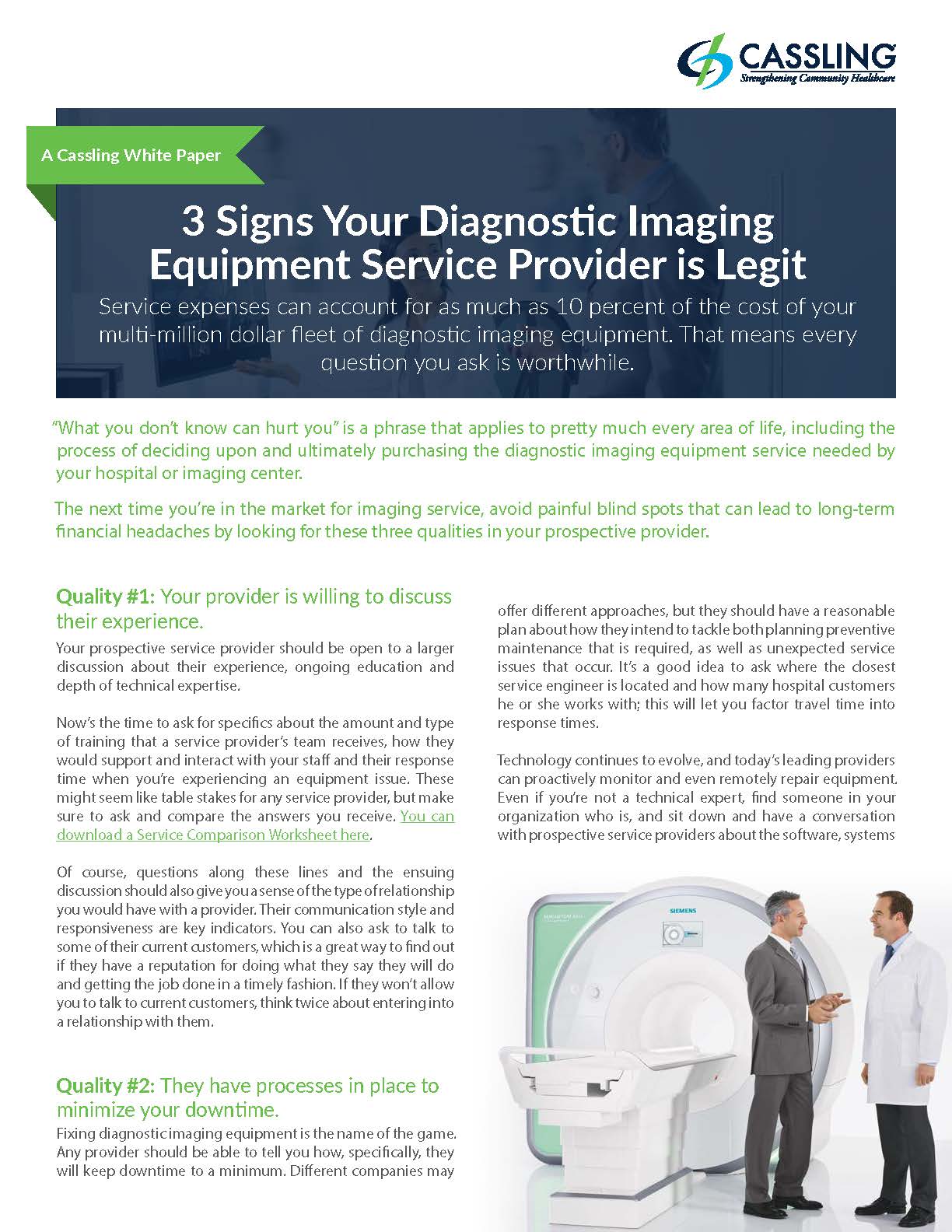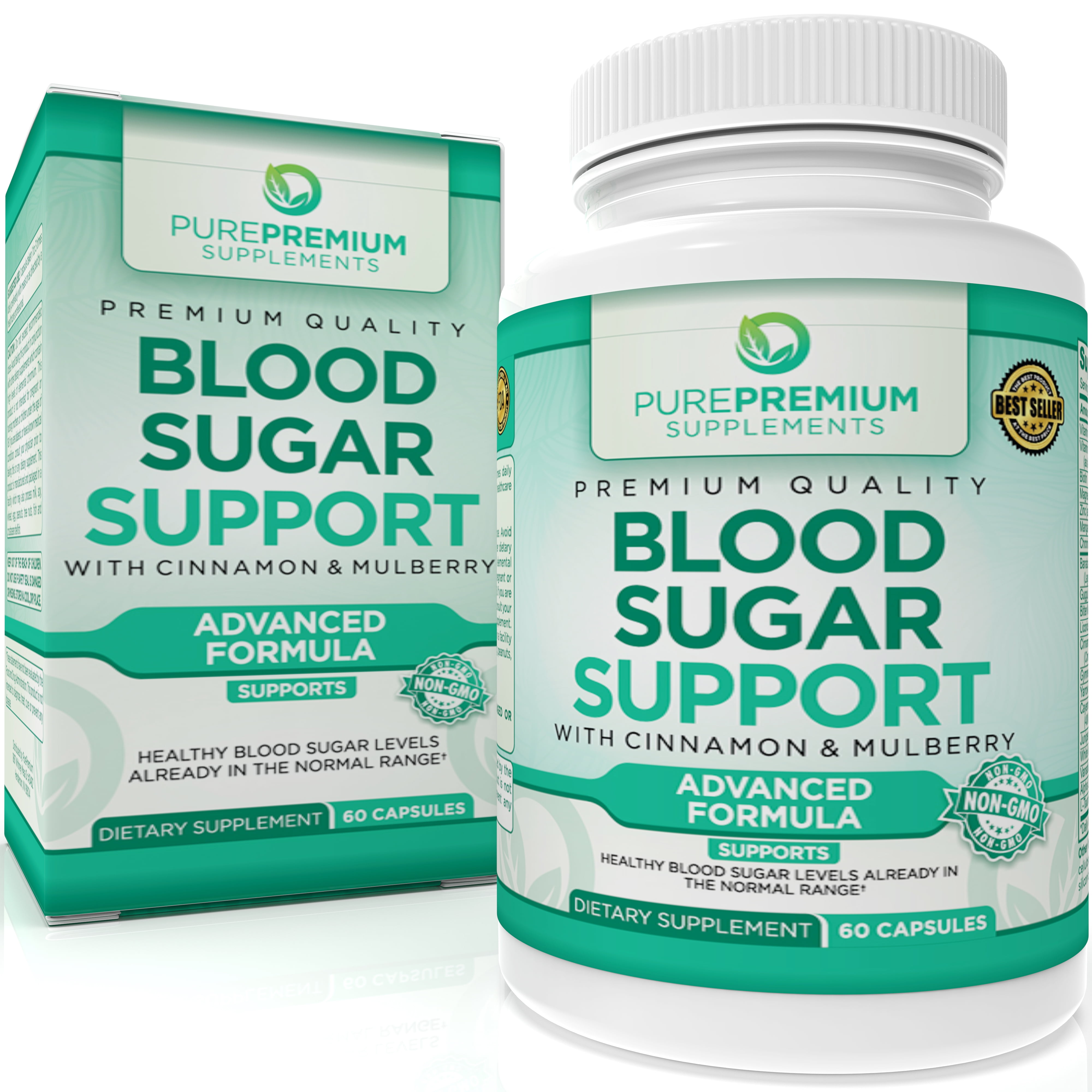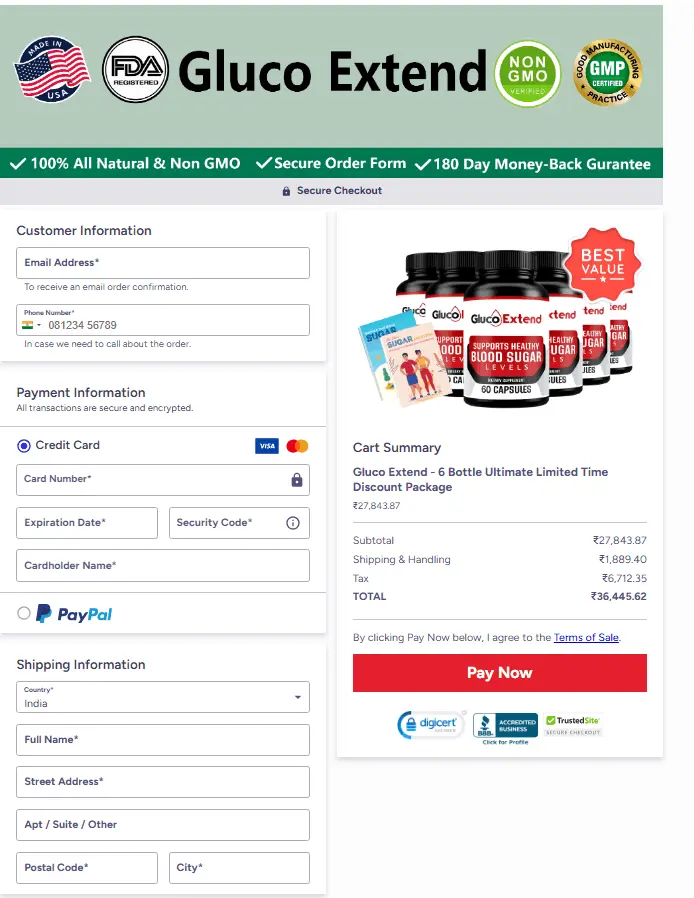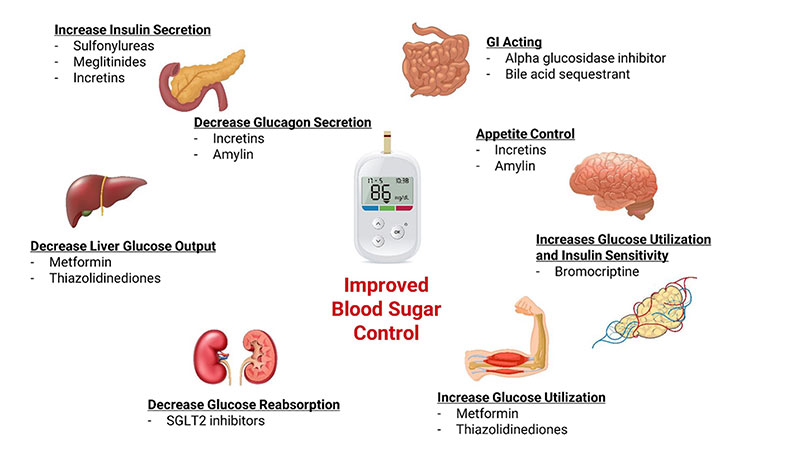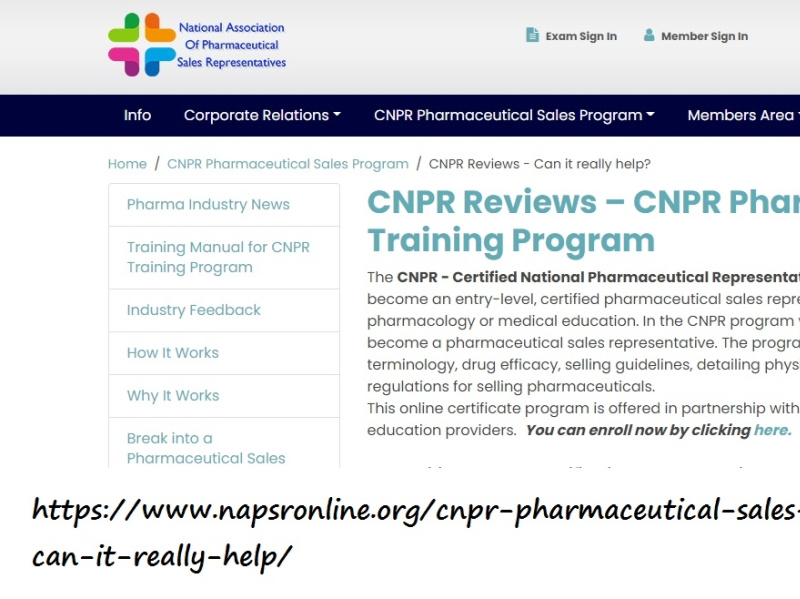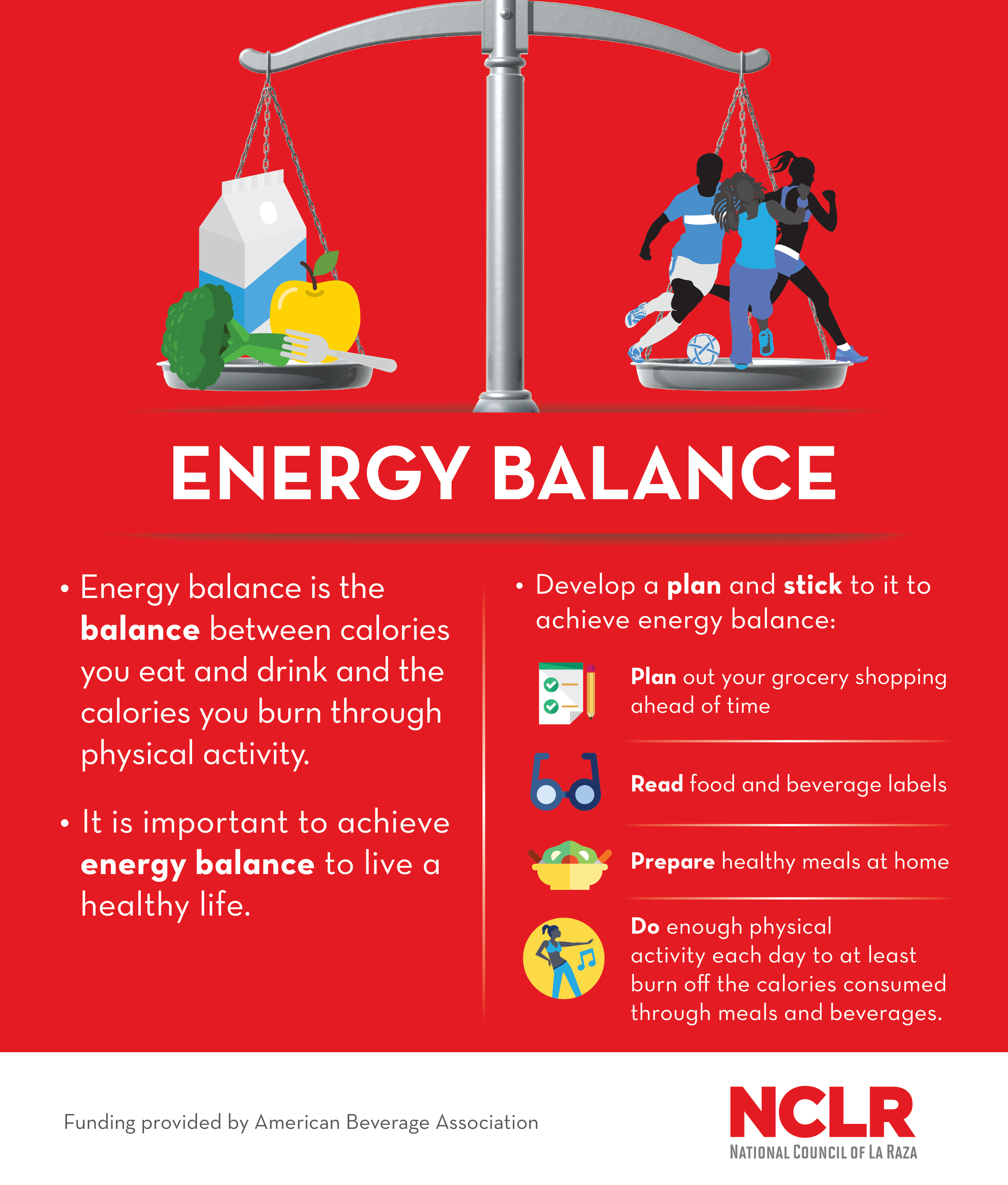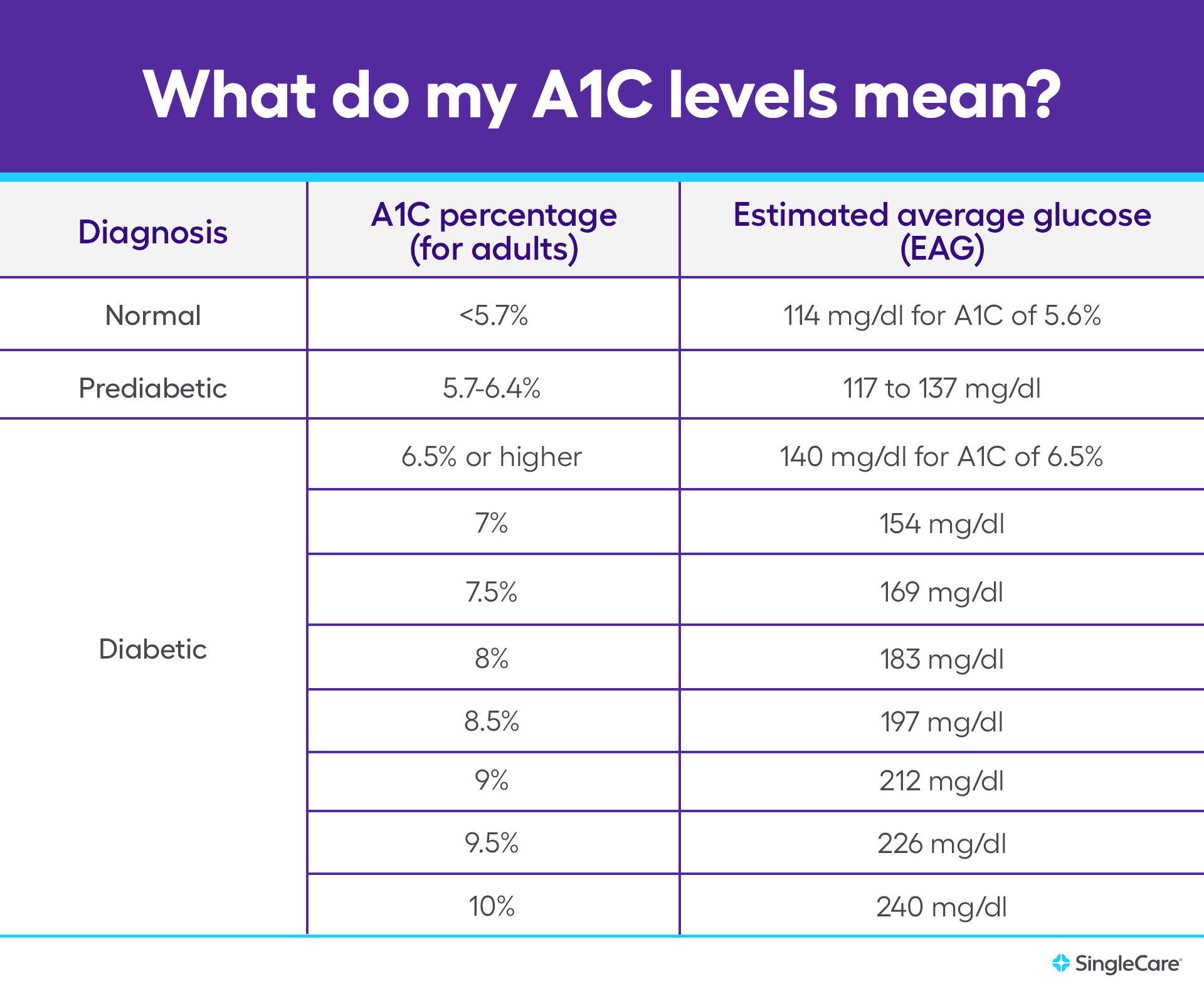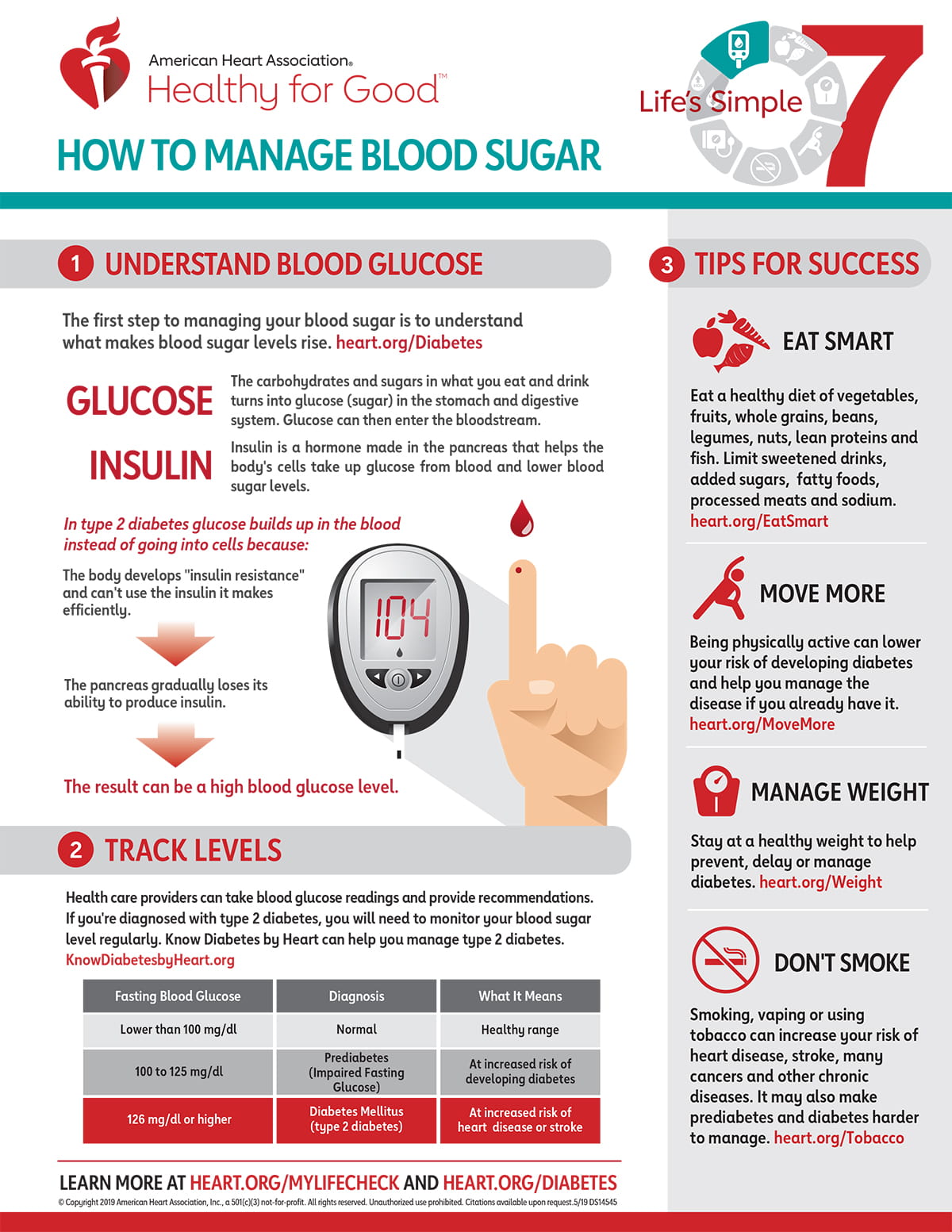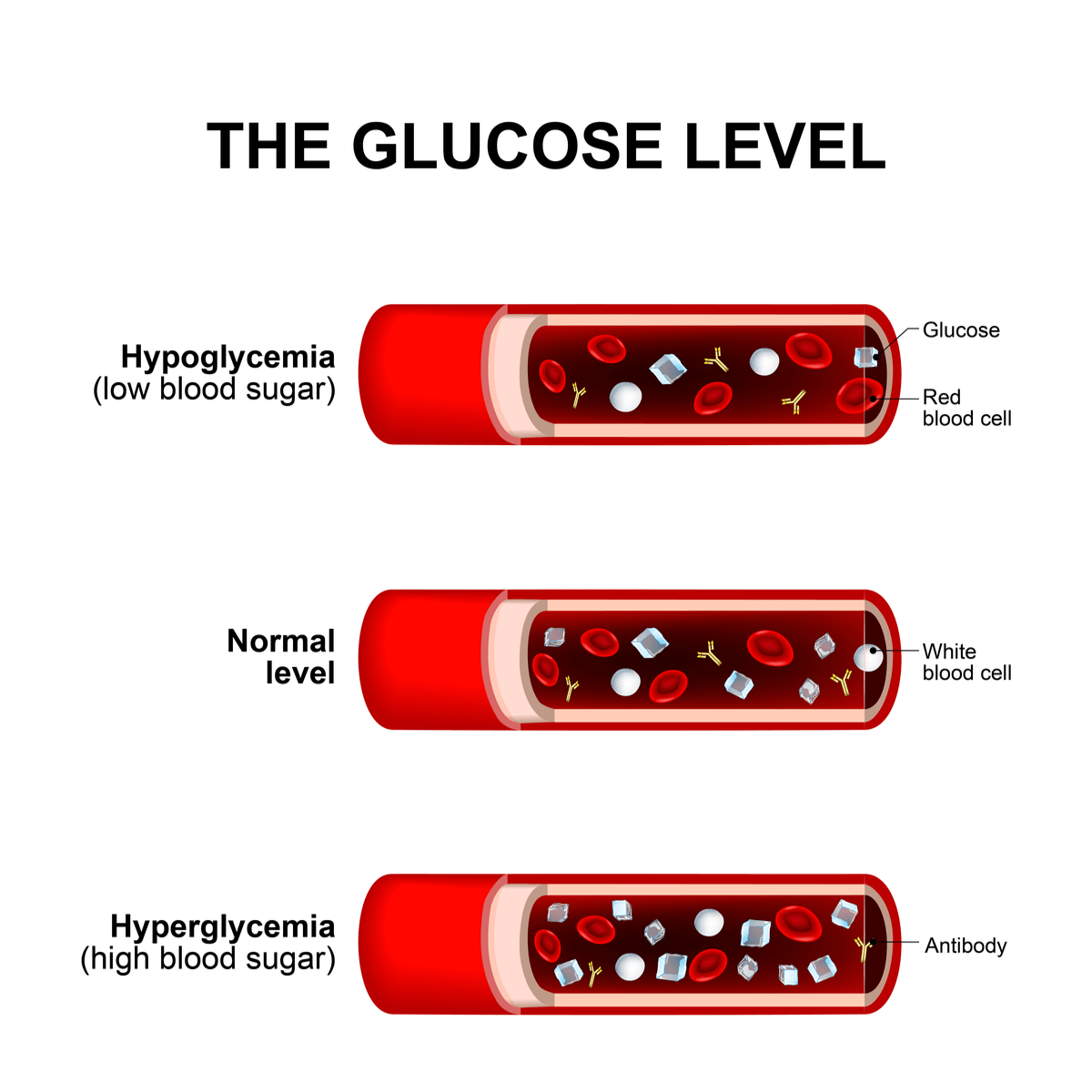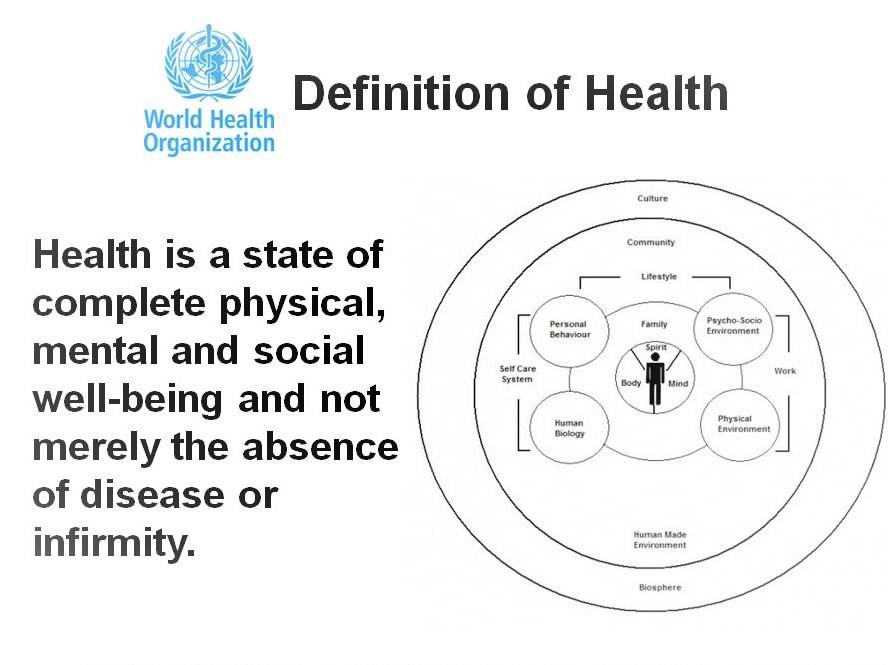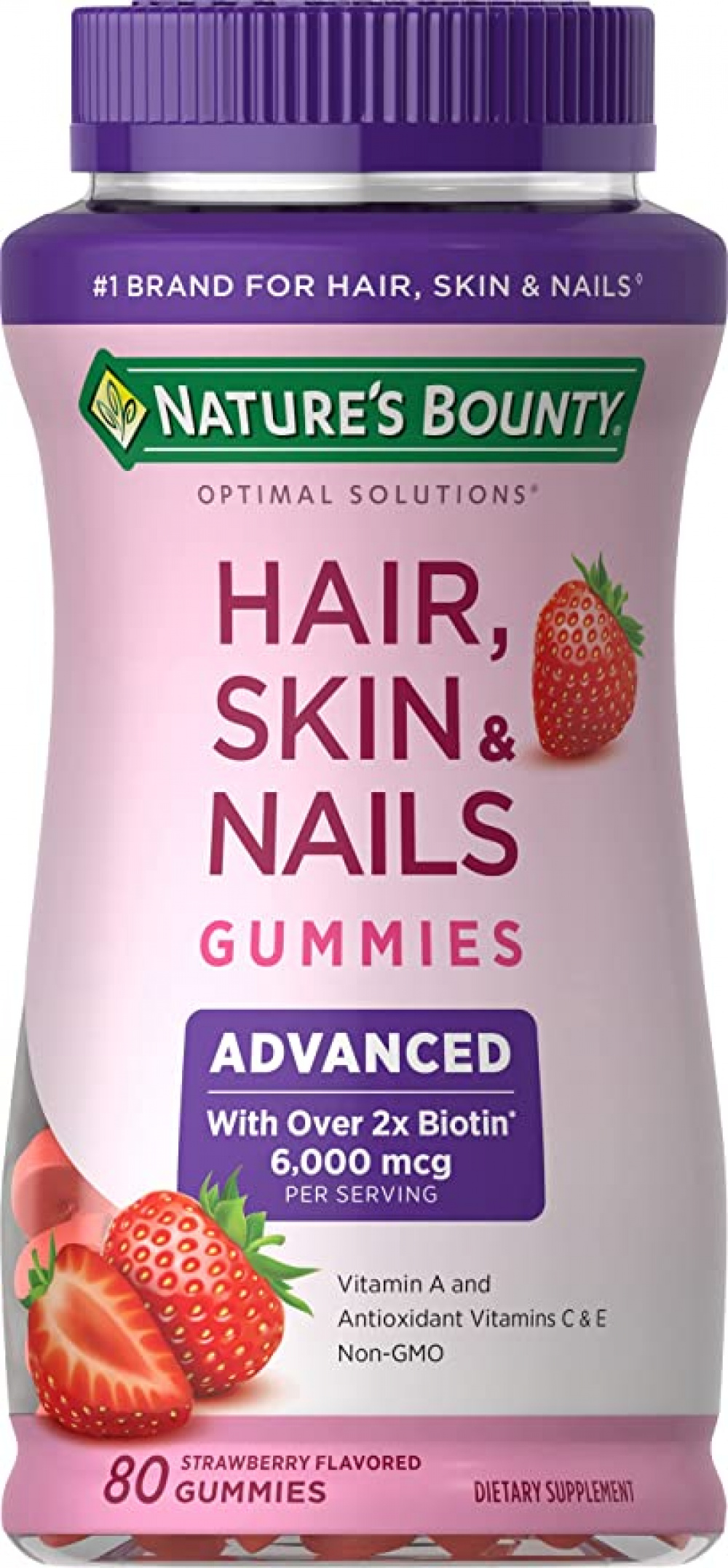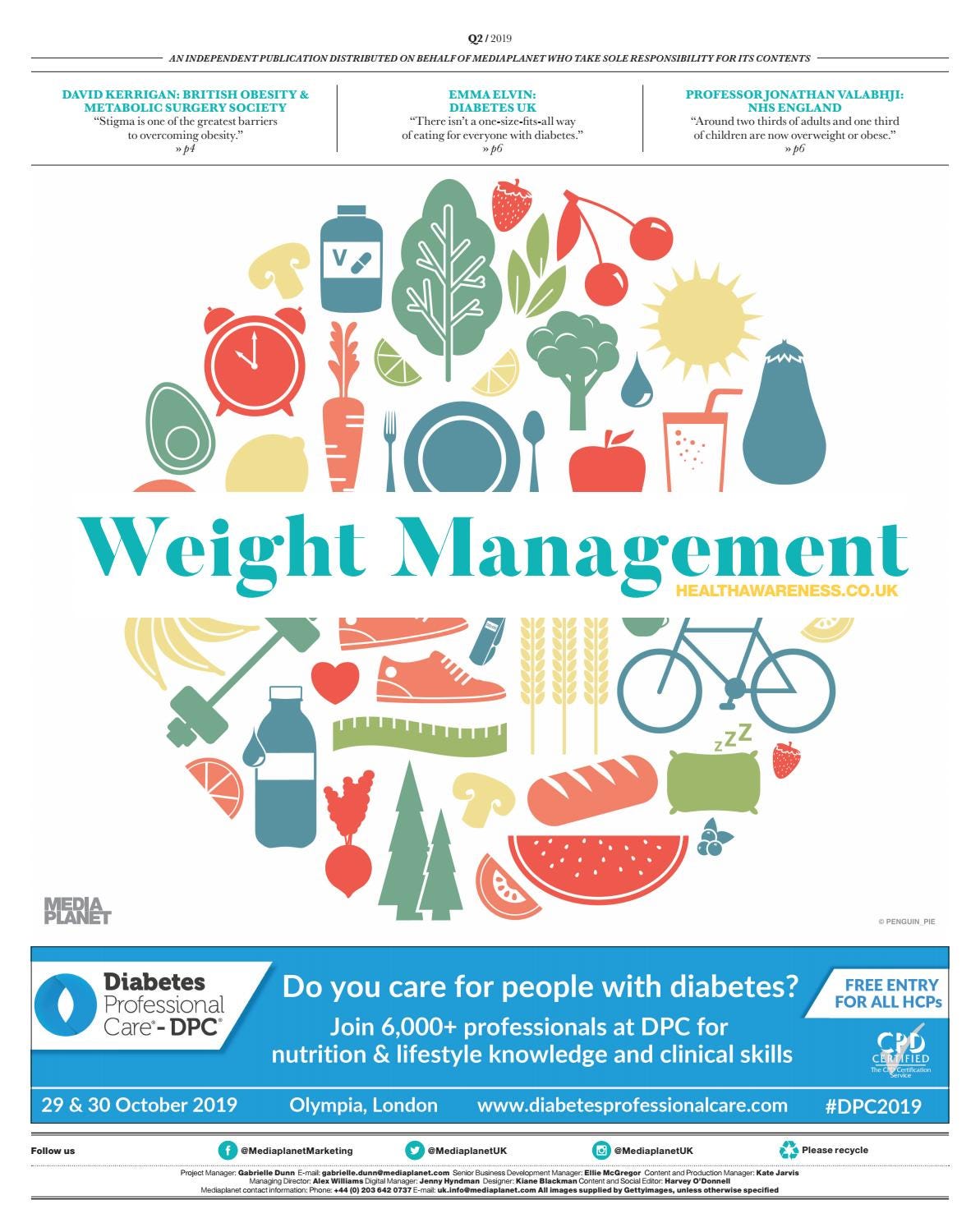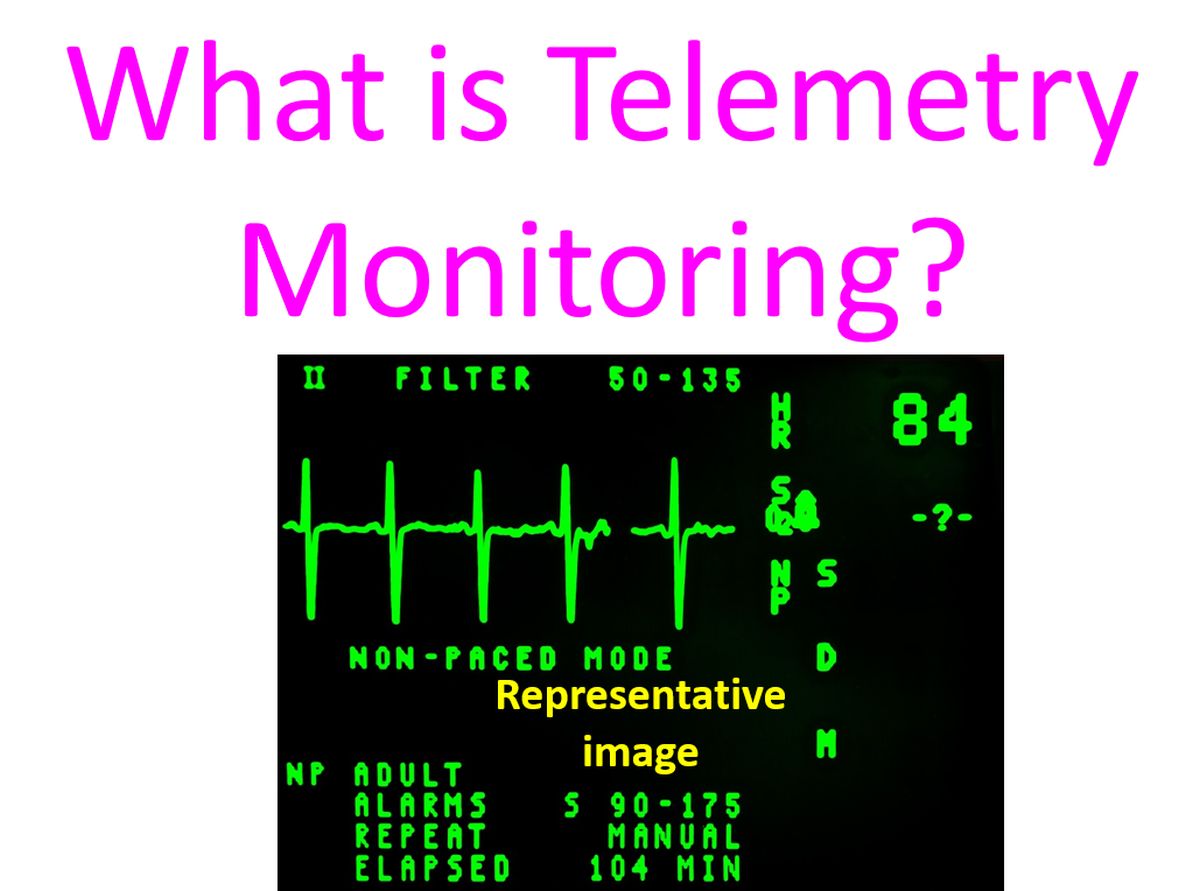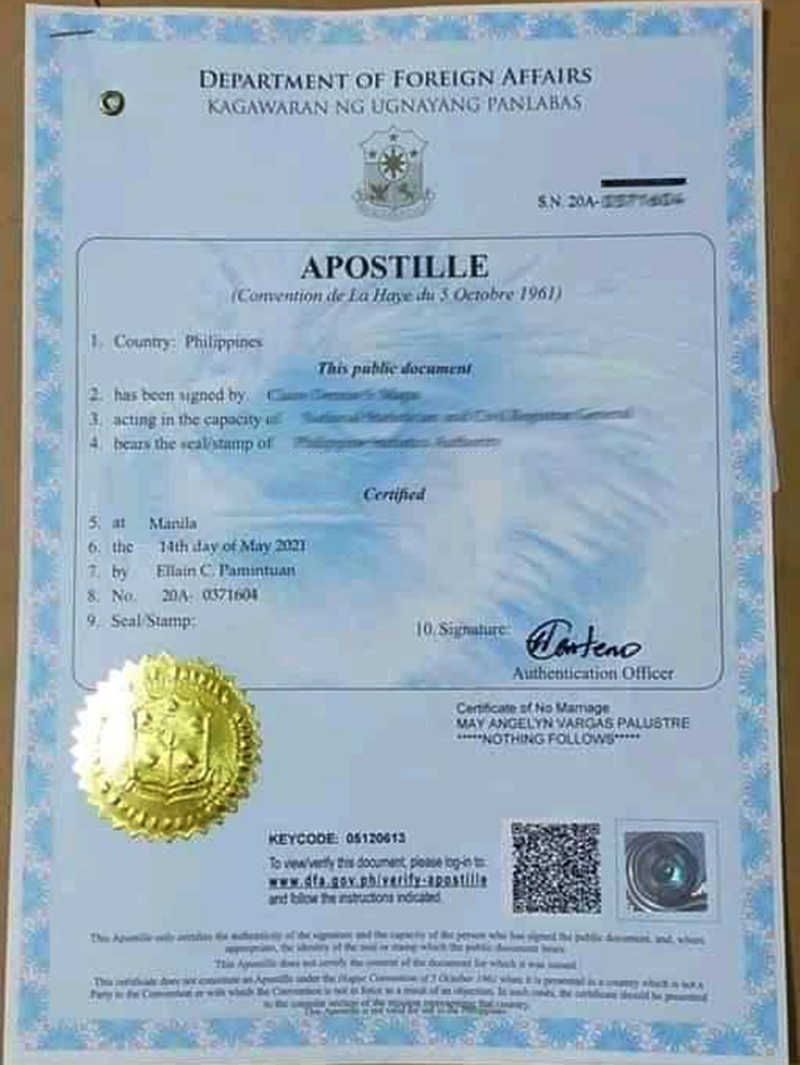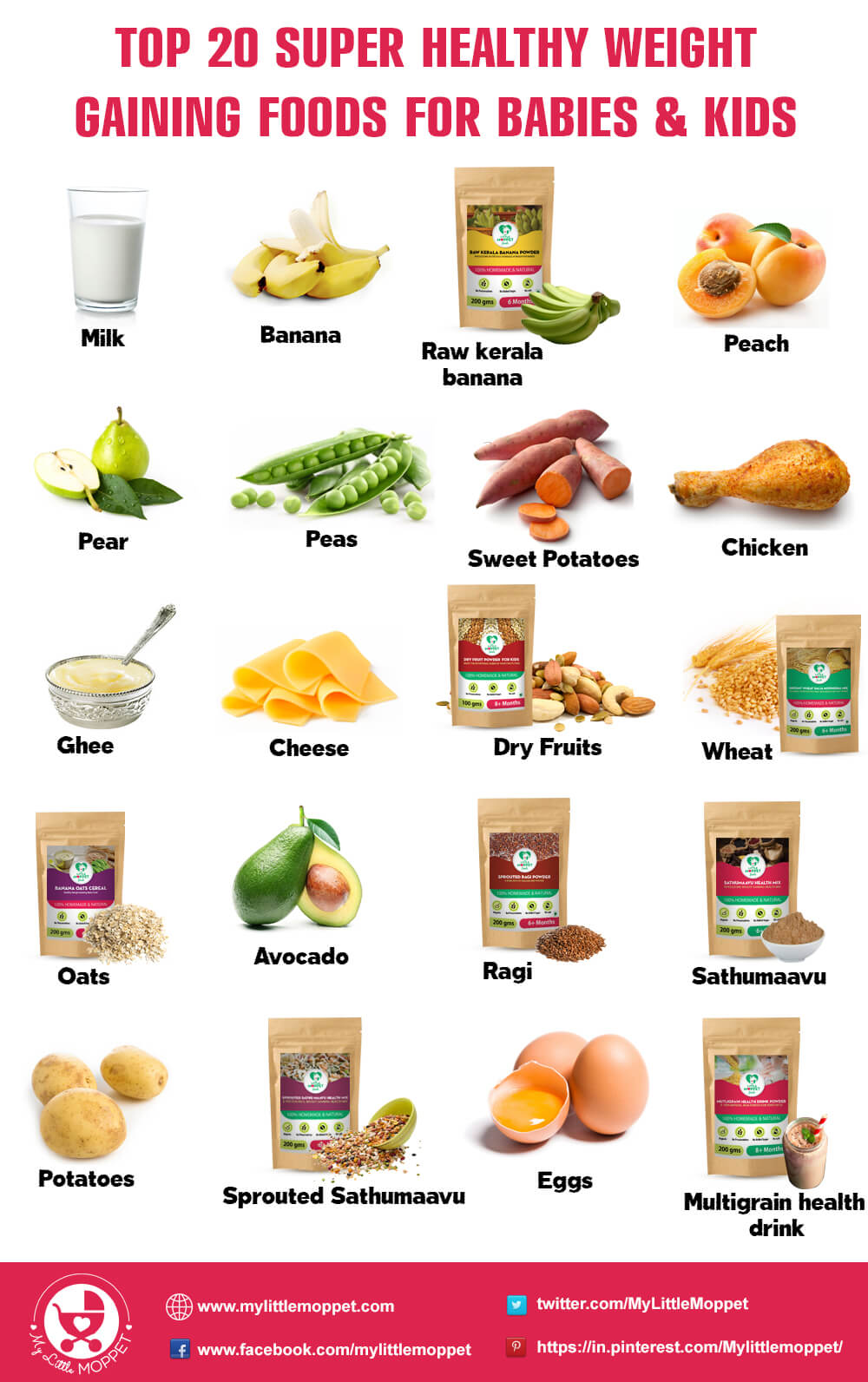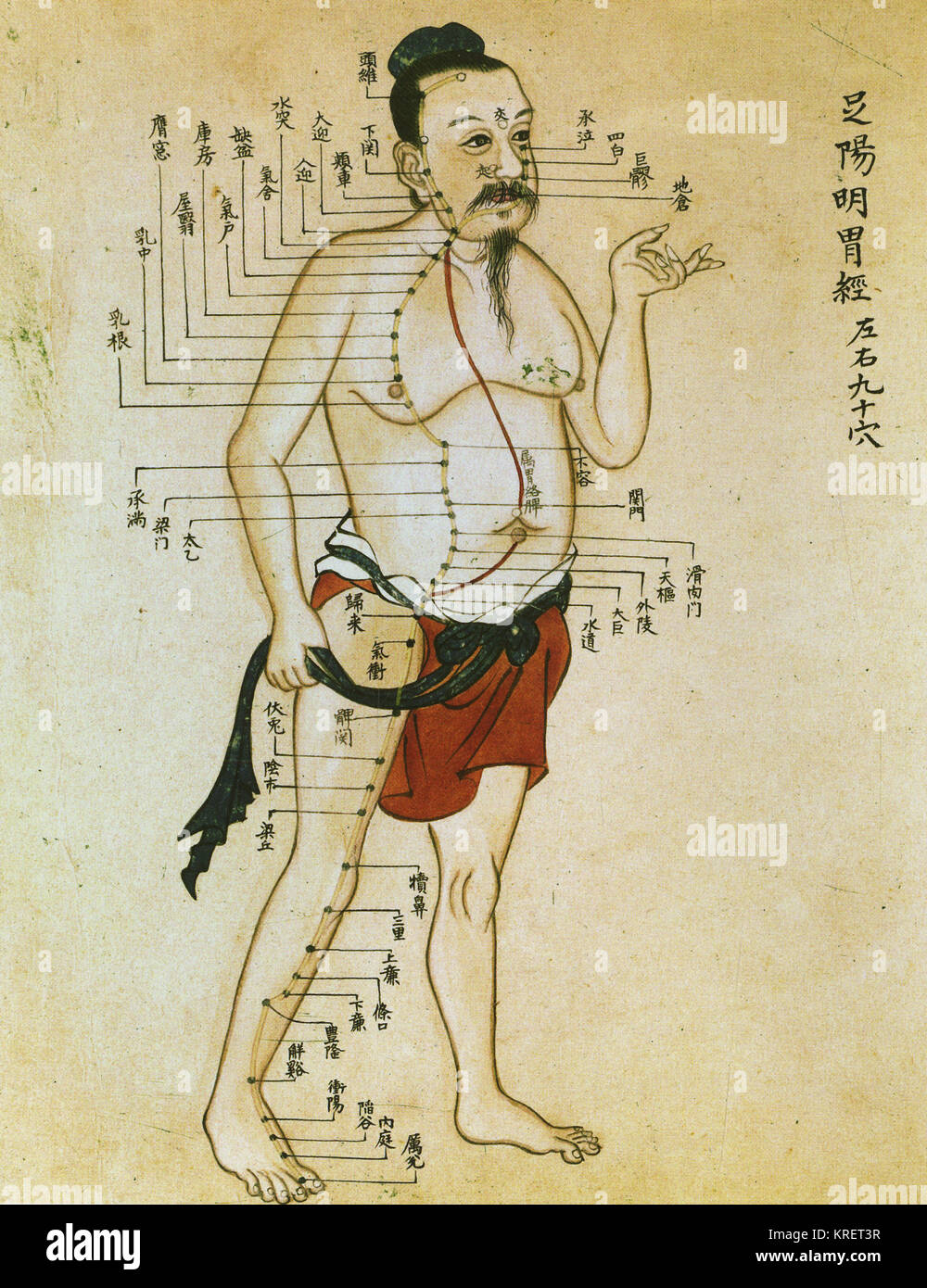
Ogrzewanie domu to jeden z największych wydatków w budżecie domowym, zwłaszcza w okresie zimowym. Wzrost cen energii sprawia, że coraz więcej ludzi poszukuje sposobów na ograniczenie kosztów ogrzewania, a jednocześnie chce zachować komfort cieplny w swoim domu. Istnieje wiele skutecznych metod, które mogą pomóc w osiągnięciu tego celu. Poniżej przedstawiamy kilka z nich.
Izolacja termiczna
Jednym z najważniejszych kroków w kierunku redukcji kosztów ogrzewania jest poprawa izolacji termicznej budynku. Dobrze zaizolowany dom traci mniej ciepła, co oznacza, że mniej energii jest wymagane do jego ogrzania. Można rozważyć: – Izolację ścian zewnętrznych: Jest to jedno z najskuteczniejszych rozwiązań, które znacznie poprawia efektywność energetyczną budynku. – Izolację dachu i poddasza: Ciepło unosi się do góry, dlatego ważne jest, aby dach i poddasze były odpowiednio zaizolowane. – Izolację podłóg: W domach z nieogrzewanymi piwnicami warto zainwestować w izolację podłóg na parterze. Dobrym pomysłem jest również uszczelnienie wszelkich szczelin i pęknięć w oknach oraz drzwiach, przez które może uciekać ciepło.
Efektywne wykorzystanie systemów grzewczych
Kolejnym krokiem w redukcji kosztów ogrzewania jest efektywne wykorzystanie systemów grzewczych. Ważne jest, aby regularnie serwisować kotły i inne urządzenia grzewcze, aby działały z maksymalną wydajnością. Warto również rozważyć modernizację systemu grzewczego. Nowoczesne kotły kondensacyjne są znacznie bardziej efektywne niż starsze modele i mogą przyczynić się do znacznego obniżenia rachunków za ogrzewanie. Nie zapominajmy także o termostatach. Programowalne termostaty pozwalają dostosować temperaturę w domu do naszego stylu życia, co pozwala na oszczędności. Można ustawić niższą temperaturę w nocy lub w czasie, gdy nikogo nie ma w domu, a wyższą, gdy wszyscy są obecni.
Wykorzystanie energii odnawialnej
Inwestycja w odnawialne źródła energii to kolejny sposób na obniżenie kosztów ogrzewania. Instalacja paneli słonecznych może dostarczyć darmowej energii do ogrzewania wody lub wspomagania systemu grzewczego. Kolektory słoneczne są coraz bardziej popularne i mogą znacznie obniżyć rachunki za energię. Pompy ciepła to kolejna technologia, która staje się popularna wśród właścicieli domów. Wykorzystują one energię z otoczenia (powietrza, ziemi, wody) do ogrzewania domu. Choć początkowy koszt instalacji może być wysoki, w dłuższej perspektywie czasowej pompy ciepła mogą przynieść znaczne oszczędności.
Inteligentne zarządzanie energią
W dobie nowoczesnych technologii inteligentne zarządzanie energią staje się coraz bardziej dostępne dla przeciętnego użytkownika. Można zainstalować systemy Sprawdź tutaj inteligentnego domu, które pozwalają na zdalne sterowanie urządzeniami grzewczymi za pomocą smartfona. Dzięki temu możemy dostosować ogrzewanie do bieżących potrzeb, nawet będąc poza domem, co pozwala na dodatkowe oszczędności. Warto również pamiętać o prostych nawykach, które mogą pomóc w ograniczeniu strat ciepła. Na przykład, zasłanianie okien grubymi zasłonami na noc może zredukować utratę ciepła przez szyby. W ciągu dnia warto je odsłaniać, aby maksymalnie wykorzystać naturalne ciepło słoneczne.
Ekologiczne i Ekonomiczne Sposoby na Ogrzewanie Domu Zimą
Zimą, gdy temperatury spadają poniżej zera, ogrzewanie domu staje się kluczowym elementem komfortowego życia. Warto jednak pamiętać, że wybór metody ogrzewania ma nie tylko wpływ na nasz komfort, ale także na środowisko i portfel. Dlatego coraz więcej osób poszukuje rozwiązań, które są zarówno ekologiczne, jak i ekonomiczne.

Pompy Ciepła
Pompy ciepła to jedno z najbardziej popularnych ekologicznych rozwiązań na rynku. Działają na zasadzie pobierania energii z otoczenia – z powietrza, wody lub gruntu – i przekazywania jej do wnętrza domu. Oto kilka zalet tego systemu:
- Wysoka efektywność energetyczna – pompy ciepła mogą dostarczać więcej energii cieplnej niż zużywają energii elektrycznej.
- Minimalne emisje CO2 – w porównaniu do tradycyjnych systemów grzewczych, pompy ciepła emitują znacznie mniej dwutlenku węgla.
- Wsparcie państwowe – wiele krajów oferuje dopłaty i ulgi podatkowe dla osób inwestujących w pompy ciepła.
Technologia ta jest coraz bardziej rozwijana i zyskuje na popularności, zwłaszcza w nowoczesnych budynkach.
Biomasa
Ogrzewanie biomasą to kolejne ekologiczne rozwiązanie, które polega na spalaniu materiałów organicznych, takich jak drewno, pelety czy słoma. Jest to przyjazna dla środowiska alternatywa, która oferuje kilka korzyści:
- Odnawialne źródło energii – biomasa jest zasobem, który można odnawiać, co sprawia, że jest bardziej zrównoważony niż paliwa kopalne.
- Niższe koszty eksploatacji – w wielu regionach biomasa jest tańsza od gazu czy oleju opałowego.
- Wszechstronność – systemy na biomasę mogą być stosowane zarówno w małych domach, jak i większych budynkach.
Jednakże, aby korzystać z tego rozwiązania, należy dysponować odpowiednim miejscem na składowanie paliwa oraz zadbać o odpowiednią instalację.
Izolacja Termiczna
Ostatnim, ale niezwykle ważnym elementem efektywnego ogrzewania domu jest odpowiednia izolacja termiczna. Bez niej nawet najbardziej zaawansowane systemy grzewcze mogą być nieefektywne. Kilka kluczowych aspektów izolacji to:
- Grube ściany i dach – dobrze izolowane ściany i dach zatrzymują ciepło wewnątrz budynku.
- Energooszczędne okna – nowoczesne, wieloszybowe okna ograniczają straty ciepła.
- Uszczelnienie drzwi i okien – minimalizuje przedostawanie się zimnego powietrza do środka.
Właściwa izolacja nie tylko pomaga w utrzymaniu ciepła, ale także przyczynia się do znacznego obniżenia rachunków za energię, co jest istotnym aspektem ekonomicznym. Zastosowanie ekologicznych i ekonomicznych metod ogrzewania domu zimą nie tylko sprzyja ochronie środowiska, ale także pozwala na znaczne oszczędności. Wybór odpowiedniego systemu grzewczego powinien być jednak dobrze przemyślany i dostosowany do indywidualnych potrzeb oraz warunków lokalnych.
Zimowe Oszczędności: Jak Skutecznie Zredukować Koszty Ogrzewania?
Zima to pora roku, która przynosi ze sobą nie tylko piękne krajobrazy, ale również wyższe rachunki za ogrzewanie. Dla wielu rodzin jest to duże obciążenie finansowe, dlatego warto zastanowić się, jak można skutecznie obniżyć te koszty, nie rezygnując przy tym z komfortu cieplnego. W tym artykule przedstawiamy praktyczne porady, które pomogą Ci zaoszczędzić na ogrzewaniu w zimowe miesiące.
Optymalizacja Systemów Ogrzewania
Pierwszym krokiem do redukcji kosztów ogrzewania jest optymalizacja już istniejących systemów grzewczych. Nawet niewielkie zmiany mogą przynieść znaczące oszczędności.
- Serwis systemu grzewczego: Regularne przeglądy urządzeń oraz ich konserwacja pozwalają na utrzymanie ich w najlepszej kondycji, co przekłada się na efektywniejsze działanie i niższe rachunki.
- Instalacja termostatów programowalnych: Nowoczesne termostaty umożliwiają precyzyjne dostosowanie temperatury w pomieszczeniach do potrzeb domowników, co minimalizuje marnotrawstwo energii.
- Izolacja rur: Ocieplenie rur centralnego ogrzewania zapobiega utracie ciepła w drodze z kotła do grzejników, co zwiększa efektywność całego systemu.
Wykorzystanie Alternatywnych Źródeł Energii
Inwestowanie w alternatywne źródła energii może być świetnym sposobem na długofalowe oszczędności. Oto kilka rozwiązań, które warto rozważyć:
- Panele słoneczne: Choć początkowy koszt instalacji paneli słonecznych może być wysoki, w dłuższej perspektywie pomagają one znacznie obniżyć rachunki za ogrzewanie, zwłaszcza w domach jednorodzinnych.
- Pompy ciepła: To nowoczesne urządzenia, które pobierają ciepło z otoczenia i przekształcają je w energię cieplną, mogą znacząco obniżyć koszty ogrzewania, szczególnie w połączeniu z systemami podłogowymi.
- Kominki na biopaliwo: Nowoczesne kominki na biopaliwo są efektywnym źródłem ciepła, które dodatkowo tworzą przytulną atmosferę w domu.
Proste Triki na Codzienne Oszczędności
Nie zawsze potrzebne są duże inwestycje, by zaoszczędzić na ogrzewaniu. Oto kilka prostych trików, które można zastosować na co dzień:
- Zasłony i rolety: Otwieranie zasłon w ciągu dnia pozwala na wpuszczenie słońca, które naturalnie ogrzewa pomieszczenia, natomiast zamknięcie ich nocą zapobiega ucieczce ciepła.
- Uszczelnianie okien i drzwi: Nawet niewielkie nieszczelności mogą powodować znaczne straty ciepła, dlatego warto zainwestować w ich uszczelnienie.
- Ustawienie mebli z dala od grzejników: Meble stojące bezpośrednio przy grzejnikach utrudniają przepływ ciepłego powietrza, co zmniejsza efektywność ogrzewania.
Zastosowanie powyższych porad może znacznie zmniejszyć Twoje rachunki za ogrzewanie w zimowe miesiące. Pamiętaj, że kluczem do sukcesu jest połączenie kilku metod, co pozwala na maksymalną optymalizację kosztów i zwiększenie komfortu cieplnego w Twoim domu.
